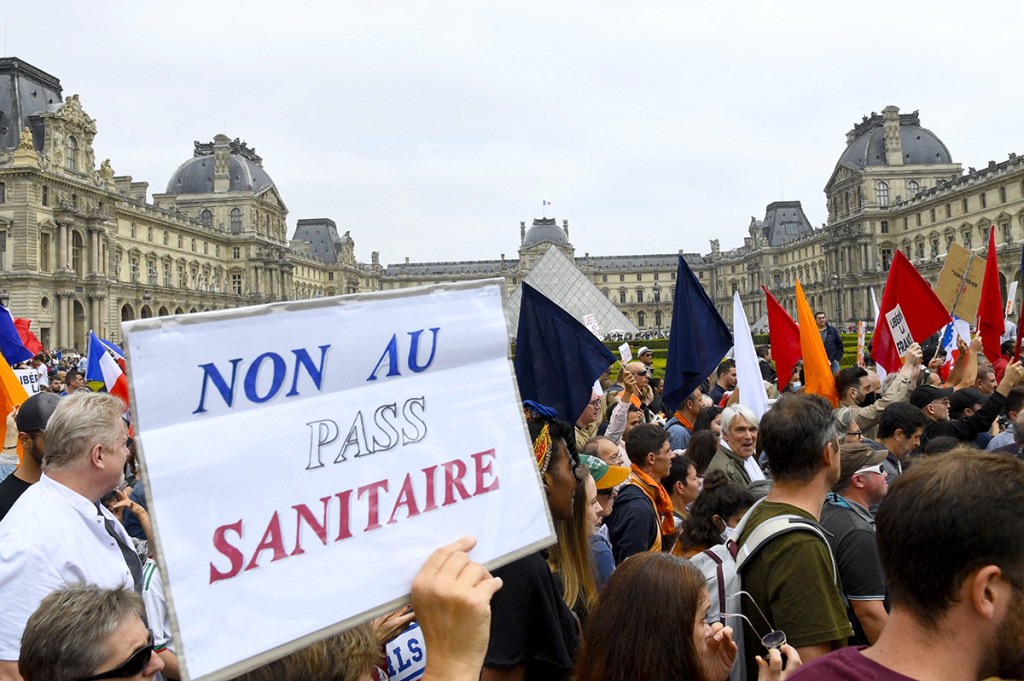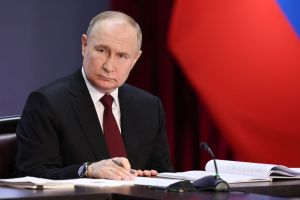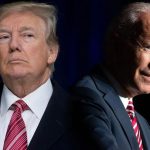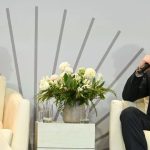A manager of an attraction park in France was reportedly assaulted on Sunday after he denied entry to a customer. It’s alleged the man lost his rag when he was turned back because he didn’t have a valid COVID passport. It is unlikely to be the last such incident.
In the space of two weeks, the atmosphere in France has turned toxic. A hospital in Saint-Étienne was invaded on Monday by 60 demonstrators, mainly medical professionals, opposed to the measure that will force them to vaccinate or be suspended without pay. That is also a strike at a Lyon hospital that will start tomorrow.
Elsewhere cinemas, theme parks and fitness centers have been labeled ‘collaborators’ for their participation in the government’s COVID passport scheme. Attendance is in freefall, to the delight of the protesters, who are boycotting all venues involved in the scheme, including, from Sunday, restaurants and bars. They don’t care about the economic implications for those employed in the entertainment and hospitality industries. Don’t blame us, they say, blame the government.
Politicians and celebrities have also been singled out, including the comedian Jean-Marie Bigard, who has cultivated a controversial image over the years. He promised his fans he would never perform where a COVID passport was required, but last week he changed his mind. There was an immediate backlash with Bigard condemned as a ‘traitor’. In the end, the gig on the Côte-d’Azur was canceled for fear the theatre would be besieged by hostile fans.
The media have borne the brunt of the growing fury. Journalists from two broadcasters have been attacked for being ‘collabos’, including a couple from France Television who were set upon by an angry mob in Marseille on Saturday.
The media are targeted because many protesters regard them as the mouthpiece of a government that has not concealed its derision for those opposed to the vaccine or any other of its COVID measures.
Gabriel Attal, the government spokesman, has labeled protesters ‘stroppy and defeatist…satisfied if they remain in chaos and inactivity’, while last week a government adviser gloated that the aim of the COVID passport was to force the unvaccinated into leading ‘a shit life’.
In the days after July 12 when Macron informed the nation of his plans for a COVID passport, it appeared his tough stance had cowed the French into compliance. A record 900,000 people were vaccinated on July 19 and Macron emboldened other EU leaders to follow his example.
Now the president and his government are increasingly alarmed at the scale of the resistance to his COVID passport. Last Saturday 168 demonstrations drew around 170,000 protesters, an impressive figure given that the French traditionally don’t take to the streets in July. There has been the odd exception, such as 1789.
I attended the largest of the protests as an observer, joining a throng of many thousands in central Paris. It was organized by the Patriots, the party formed by Florian Philippot, the former deputy of the National Front, who is standing in next year’s presidential election.
COVID has rejuvenated the political career of Philippot and he was in his element on Saturday as he addressed the crowd, of whom a sizable number were from ethnic minorities. You can assume that many in the audience had little in common with Philippot ideologically other than their opposition to the COVID passport and forced vaccination.
‘Resistance’ was the watchword of Philippot’s address as he exhorted the crowd to remember the words of Charles de Gaulle, that ‘difficulty attracts the man of character, for it is by embracing it that he finds fulfillment.’
The wartime analogy is apposite in the eyes of Philippot and his followers because 80 years after the Vichy Regime it is Macron’s Vaccine Regime that must be resisted.
Philippot received the loudest cheer when he alluded to the president’s declaration of war on COVID in March 2020. ‘Macron says he’s at war,’ Philippot thundered. ‘OK, Macron will have his war.’ The crowd loved that. They shook their clenched fists and waved their French flags, some of which were adorned with the Cross of Lorraine, the wartime symbol of the Free French forces.
During the Occupation of France, a poster displayed in every village and town asked ‘Êtes-Vous en Règle?’ It was a reminder to always have your papers in order, ready for inspection at any moment by a zealous Vichy apparatchik. This, according to Philippot, is now Macron’s France, a country of oppression and tyranny, a country of ‘show me your papers or else’.
The president counters that the leaders of the protest movement are cynically manipulating people with their talk of ‘liberty’ and ‘resistance’. ‘What is your freedom worth if you tell me “I don’t want to be vaccinated,” but tomorrow you infect your father, your mother or me?’ he said during a visit to French Polynesia at the weekend.
Millions of French share their president’s view, but millions don’t; an estimated 35 percent support the protest movement.
France is therefore segregated, ideologically and physically. Both sides believe they occupy the moral high ground, and neither, at this stage, looks willing to compromise. As the resistance grows, Macron may come to regret his martial rhetoric. It’s been turned against him and he’s now engaged in a fight that will be pivotal in deciding the outcome of next year’s election.
This article was originally published on The Spectator’s UK website.


















